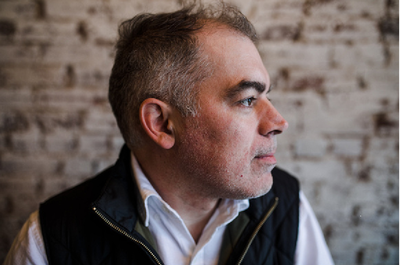The Sonnet As:
Neuroqueerness in the American Sonnet
Neuroqueerness in the American Sonnet
While cognitive disabilities are not new, neuroqueerness is both a new and highly-suggestive term. Nick Walker, who, along with fellow autistic scholars Athena Lynn Michaels-Dillon and Melanie Yergeau, is responsible for proposing the term, defines ‘a neuroqueer individual’ as ‘an individual whose identity has in some way been shaped by their engagement in practices of neuroqueering.’ Yergeau states that neuroqueerness, which includes a range of mental disabilities, ‘signifies ways of being, thinking, and moving that have been typified as marginal, deviant, minoritized and/or different.’ This paper explores ways self-distraction, playfulness, mutuality and self-assertiveness show up in poems by Robert Frost, E.E. Cummings, Charles Bernstein, and torrin a. greathouse, four American poets that, due either to ADHD, autism or dyslexia, express neuroqueerness while using the sonnet. (Also, as a poet who has recently published a number of sonnets, I believe it is relevant to mention the aspect of having an insider’s view, as I have, myself, been diagnosed with each of these disabilities. It is in this circumstance that I value, learn from, celebrate, and share the following perspectives.)
Nathan Spoon is an autistic poet with learning disabilities whose poems appear in American Poetry Review, Poetry and South Carolina Review. He is the author of the debut collection, Doomsday Bunker (Swan World, 2017), and editor of Queerly.
